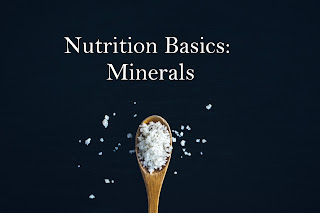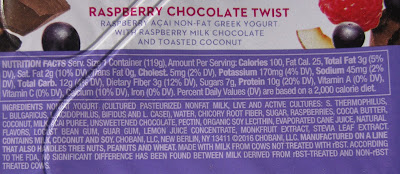Why I Don't Recommend the Glycemic Index

In theory, the Glycemic Index sounds good. Lower glycemic index foods are supposed to cause a smaller rise in blood sugar whereas higher glycemic index foods cause a larger blood sugar spike. Eating lower glycemic index foods could be a good way to prevent or control diabetes. However, there's more to choosing what to eat than just picking low glycemic index foods. The first time you see a list, it might surprise you. I saw this list from a doctor: Apple juice 41 Orange juice 52 Brown rice 55 Banana 55 Potato chips 56 Ice cream 61 Pineapple 66 Watermelon 72 Baked potato 85 To an uneducated patient, this list makes fruit juice seem like a health food. It scored lower than other healthy foods like brown rice. Ice cream seems healthier than pineapples, watermelon, & baked potatoes. Glycemic Index Looks at One Thing These foods look "healthier" because glycemic index looks at one thing only--the rise in blood sugar. It is true that ice cream cau...







